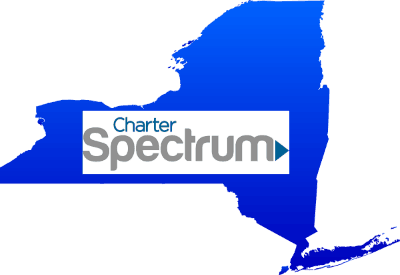 Despite claims from Republican FCC commissioners that cable companies are boosting investment in their networks as a result of the FCC’s repeal of net neutrality, cable infrastructure suppliers reported first quarter 2019 revenues nosedived 38%, reflecting an “extreme” cutback in cable industry spending not seen in over five years.
Despite claims from Republican FCC commissioners that cable companies are boosting investment in their networks as a result of the FCC’s repeal of net neutrality, cable infrastructure suppliers reported first quarter 2019 revenues nosedived 38%, reflecting an “extreme” cutback in cable industry spending not seen in over five years.
ARRIS/CommScope and Casa Systems, two major suppliers of cable system infrastructure, saw a broad decline in orders starting this year as companies like Comcast and Charter Communications slashed investment in broadband upgrades. Executives at both cable companies informed investors they expected significant spending cutbacks after completing their DOCSIS 3.1 upgrades, which have made gigabit download speeds available in large portions of the country. Comcast and Charter executives also told investors that large-scale spending is not planned in the near future.
The spending cuts were acknowledged by CommScope CEO Eddie Edwards in a conference call with investors.
“The ARRIS business is off to a challenging start to the year, driven largely by the significant reduction in CapEx spend by certain large cable companies, many of whom have commented publicly on 2019 network and capital priorities,” Edwards said.
The nation’s top two cable operators spent $1.1 billion in the third quarter and $1.4 billion in the fourth quarter of 2018 on system upgrades and investments. But during the first quarter of this year, spending plummeted to $600 million. Jeff Heynen, Dell’Oro’s research director, told Light Reading he has not seen revenues in the cable access network sector drop to such a low level since 2013.
“We’re talking about a significant decline sequentially just for CapEx for two of the largest cable operators in the world,” Heynen told the trade journal. “But this isn’t just one or two operators cutting their CapEx. It’s quite a few of them, and the big ones, too. This was bound to have a significant impact on the infrastructure market.”
Analysts expect cable industry spending will remain sluggish for much of 2019, with a possible turnaround sometime late this year, but more likely in 2020.


 Subscribe
Subscribe WASHINGTON (Reuters) – The U.S. Supreme Court on Monday agreed to hear cable television operator Comcast Corp’s bid to throw out comedian and producer Byron Allen’s racial bias lawsuit accusing the company of discriminating against black-owned channels.
WASHINGTON (Reuters) – The U.S. Supreme Court on Monday agreed to hear cable television operator Comcast Corp’s bid to throw out comedian and producer Byron Allen’s racial bias lawsuit accusing the company of discriminating against black-owned channels.
 Charter Communications has refused to cooperate in a review to determine if the company is meeting its merger obligations to customers in California.
Charter Communications has refused to cooperate in a review to determine if the company is meeting its merger obligations to customers in California. Spectrum TV subscribers are the only ones in the country that can watch Charter Communications’ first original Spectrum-exclusive production, “L.A.’s Finest,” available only on demand, on a channel somewhere in the thousands, if you or anyone else can find it.
Spectrum TV subscribers are the only ones in the country that can watch Charter Communications’ first original Spectrum-exclusive production, “L.A.’s Finest,” available only on demand, on a channel somewhere in the thousands, if you or anyone else can find it. Back in April, Charter Communications and staffers from the New York Department of Public Service (Public Service Commission) reached a tentative settlement to resolve a dispute over whether Charter violated the terms of the 2016 Merger Order granting approval of the acquisition of Time Warner Cable.
Back in April, Charter Communications and staffers from the New York Department of Public Service (Public Service Commission) reached a tentative settlement to resolve a dispute over whether Charter violated the terms of the 2016 Merger Order granting approval of the acquisition of Time Warner Cable.